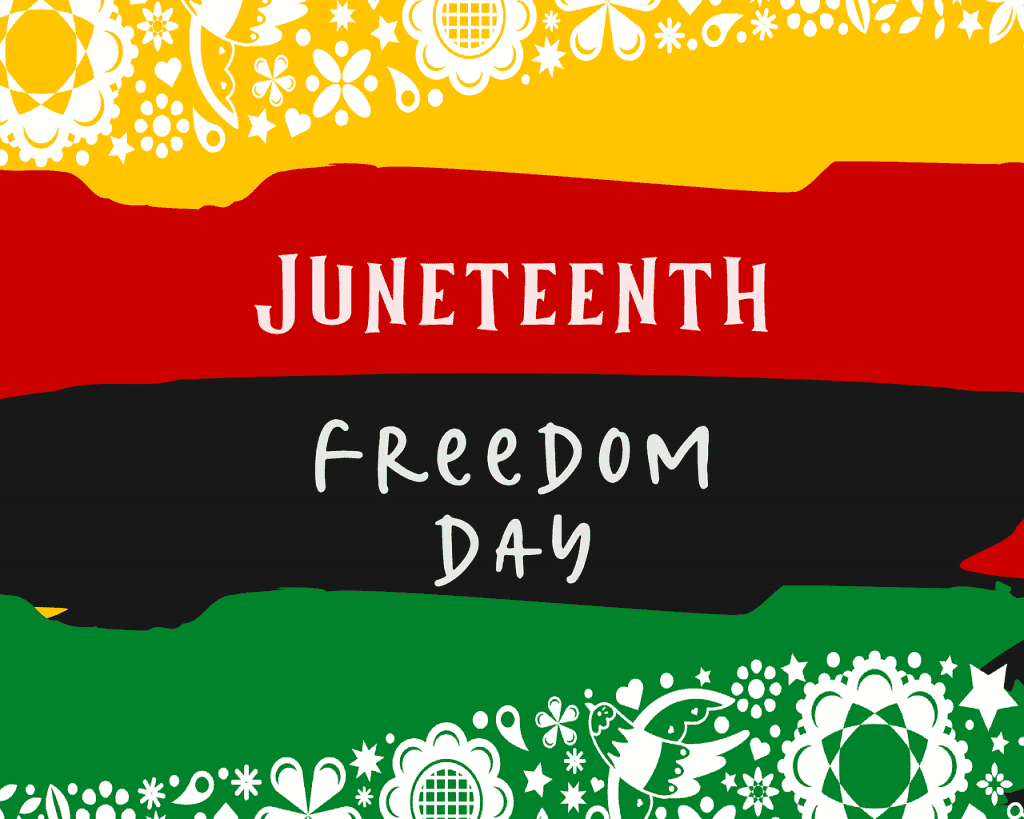
Juneteenth has long been a day to honor Black life and history
When the nation established a June 19 federal holiday two years ago to commemorate the unofficial end of slavery, it had already been celebrated for years in the African-American community and in Texas, the first state to observe the occasion in 1980 and the place where Juneteenth originated.
Juneteenth marks the day in 1865 when federal troops arrived in Galveston, Texas, to take control of the state and ensure all enslaved people were freed, according to history.com.
That came two years after President Abraham Lincoln signed the Emancipation Proclamation that freed slaves everywhere. But in Galveston, they were unaware of the decree until troops arrived to enforce it.
Blacks began celebrating the holiday – also known as Freedom Day – in 1866, but it gained little interest outside that community, according to Newsweek. Still, African Americans and former slaves celebrated Juneteenth in Galveston and the idea eventually spread to other states, according to NPR.org.
While Blacks were forbidden for years from holding Juneteenth celebrations in some of the nation’s public spaces, observances eventually morphed into occasions to help newly freed slaves learn about voting and political issues.
Today, the celebrations range from cookouts to church services to musical performances – in any public space.
It’s a day to “commemorate the hardships endured by ancestors,” Shane Bolles Walsh, a lecturer with the University of Maryland’s African American Studies Department, told NPR.org.
“It really exemplifies the survival instinct, the ways that we as a community really make something out of nothing … it’s about empowerment and hopefulness.”
It is not, however, about George Floyd. Many Americans were unaware of Juneteenth until the social unrest and protests connected to his 2020 murder at the hands of Minneapolis police increased interest in and awareness of Black history and racism. But the holiday itself has nothing to do with Floyd and everything to do with cherishing African American life now and in the future.
That’s the impetus for the three-town celebration of the holiday on July 19 sponsored by Palmyra, Riverton and Cinnaminson, according to The Sun. Guests will experience Black culture through music, dance and African American cuisine in the Southern tradition, among other highlights.
Elsewhere in South Jersey, the Cherry Hill African American Civic Association’s annual Juneteenth parade and festival at Croft Farm will take place June 17. So will Evesham’s celebration at Savitch Field on East Main Street.
“It has been very fulfilling,” Michael Hunt – a member of the Juneteenth committee in Palmyra Riverton and Cinnaminson – said of the holiday. “I’m feeling like we have the opportunity to still be able to tell the story of history with us as a people.”
Fellow committee member Michelle Ray believes another takeaway from the three-town event will be knowledge about Juneteenth and its meaning.
“I think the public can expect to definitely be enlightened to what Juneteenth is about,” she noted.
Professor Noliwe Rooks, director of American studies and professor of Africana studies at Cornell University, sees Juneteenth this way: “At its center, at its core, it is a call for the recognition of Black people as human beings whose lives matter.”









